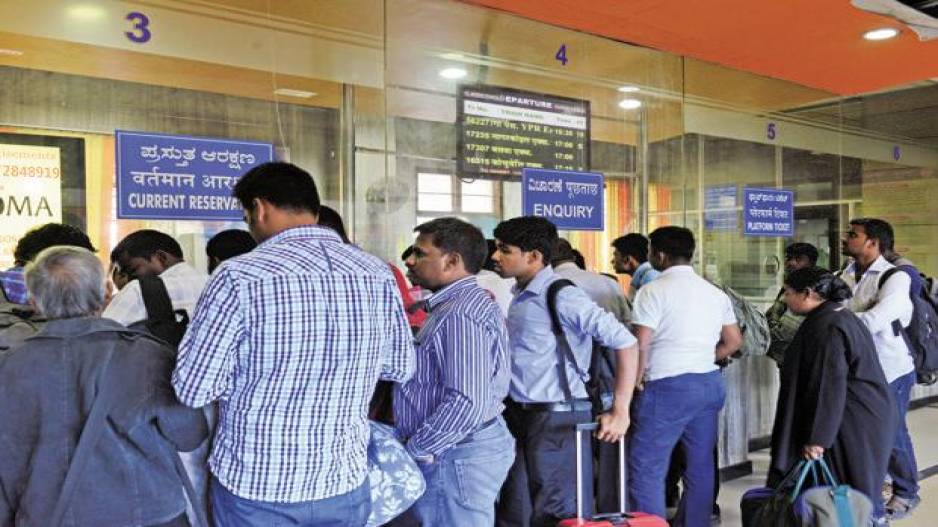/odishatv/media/post_attachments/uploadimage/library/16_9/16_9_0/recent_photo_1741702438.JPG)
Unfair practices of real estate developers: 5 things that homebuyers should never do
India's property market presents considerable challenges for homebuyers, from securing affordable home loans to handling project delays and developer malpractices. To address these issues, the Real Estate (Regulation and Development) Act (RERA) was implemented, providing significant protection for property purchasers' rights.
RERA: A Guard Against Malpractices
Since its inception, many dissatisfied buyers have approached RERA to resolve grievances, with the regulator often directing developers to compensate for delays or mismanagement. However, as Sanjay Mandava, Founder and CEO of Landeed, highlights, RERA's support might wane if homebuyers fail to perform thorough due diligence.
He explains that while RERA establishes a strong framework to tackle builder-induced delays, some exceptions do exist. These typically involve factors related to the actions of the buyer, the developer, or unforeseen matters such as government policies and force majeure events.
Limitations of RERA
RERA's protections apply primarily to projects underway or commenced after its enforcement, leaving buyers of pre-RERA projects with limited options. According to Maneesha Kongovi, a partner at IndusLaw, older project complaints can only be made concerning breaches of specific obligations, with challenges on issued plans or occupancy certificates often not entertained by RERA.
Additionally, as Mandava notes, properties under 500 square metres or containing fewer than 8 units may not fall under RERA's jurisdiction, pushing buyers to seek redress in consumer or civil courts.
Buyers Beware: Common Pitfalls
1. Potential homeowners should remain vigilant against certain developer practices. Pranav Gupta, a legal advisor, warns that buyer agreements often feature one-sided clauses favouring developers, which can preclude future claims if not carefully reviewed.
2. Cash transactions, frequently employed to sidestep stamp duty, can compromise the buyer's legal position if refunds become necessary. Gupta advises that such transactions undermine a buyer's standing under RERA.
3. Additionally, payment default issues can exempt builders from liability for delays, potentially resulting in penalties or forfeiting compensation rights. Mohit Adatiya from NPV Insolvency stresses careful examination of payment schedules to ensure financial obligations are met.
4. Modifying project timelines without legal advice might hinder buyers from claiming penalties, Gupta points out. Even informal agreements can impact buyers adversely in RERA hearings.
5. Delay in filing complaints could lead to case dismissal due to a lack of statutory limitation periods, emphasising the necessity of timely action.
6. Finally, participants in pre-EMI or rental return schemes may find limited support from RERA, as these arrangements typically fall outside its regulatory scope.
Best tourist destinations like Kashmir in this state to visit this summer

Jan Aushadhi Yojana: Objective, types of medicines to future plans, know details

No need of cancellation, Indian Railways allows changing name and date in tickets; check steps

PAN, Aadhaar, ration cards don’t serve as proof of citizenship: Know about the original documents

/odishatv/media/agency_attachments/2025/07/18/2025-07-18t114635091z-640x480-otv-eng-sukant-rout-1-2025-07-18-17-16-35.png)

/odishatv/media/media_files/2025/09/22/advertise-with-us-2025-09-22-12-54-26.jpeg)
